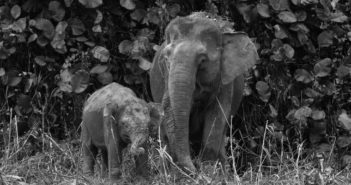
Sacrificing Pygmy Elephants for Palm Oil Plantations
The palm oil industry’s monumental and crippling impact on orangutans is well known, but the blood of pygmy elephants and other species is on their hands as well.

The palm oil industry’s monumental and crippling impact on orangutans is well known, but the blood of pygmy elephants and other species is on their hands as well.
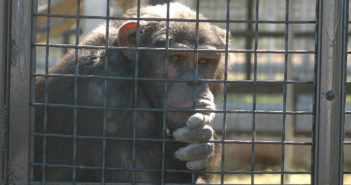
Serious questions need to be raised immediately about how an adult chimp managed to escape from a zoo in Malaysia, and why she was shot dead instead of being subdued humanely.
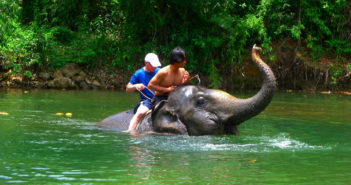
The use of elephants in tourism is fueling cruelty, and the demand for elephants to feed the tourism industry has resulted in the organised illegal trade of wild elephants in parts of Asia.
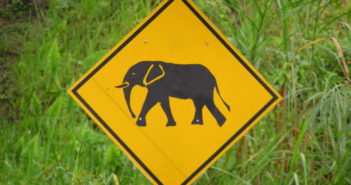
On January 3rd, an elephant was electrocuted by a live wire on a construction site in Gerik, Malaysia. It is irresponsible to leave work projects unattended that pose hazards to humans and animals.
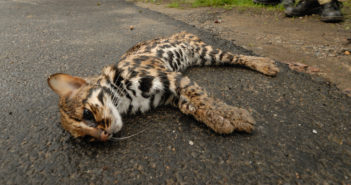
Humans incessantly demand new roads for connectivity, forcing wild animals closer to roads and human settlements, so that even new wildlife crossings can do little to save animal lives.
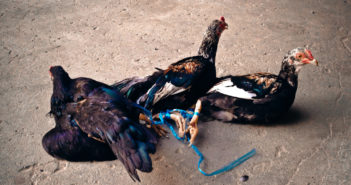
People concerned about animal welfare would not accept the way chickens are treated if they knew the reality. It is about time Malaysia’s Ministry of Agriculture looked into a Farm Animal Act prohibiting the rearing of birds in cages, crates or other forms of intensive confinement.
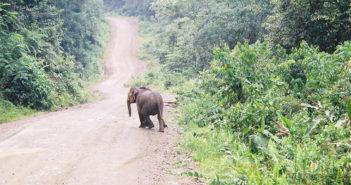
Elephants in Borneo may soon disappear because of habitat destruction and fragmentation, driven by plantation agencies, palm oil developers and logging industries.
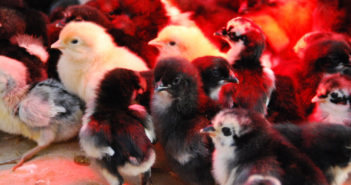
Animals live awful enough lives as it is on factory farms. Can society ensure that they at least will not be burnt alive or suffocate to death before we get around to slaughtering them?
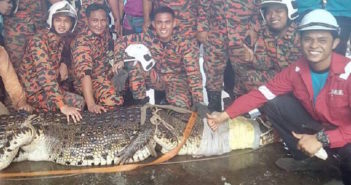
While it was the good intention of the rescue team to free a giant crocodile trapped in a dam, its death brings to mind a very important unanswered question: Are our rescue teams well equipped to deal with the capture of massive wildlife?
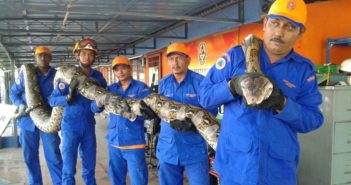
While snakes may be large and robust, they can bruise easily and suffer injury when subjected to inappropriate handling and stressful picture taking.
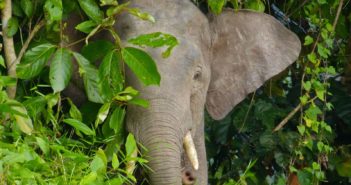
In this age of extinctions, governments love to trumpet any rare or unique findings of species. Publicity can generate support to prevent species from becoming extinct, but it may also backfire when publicity incites the interest of poachers and betrays details of a species’ location.
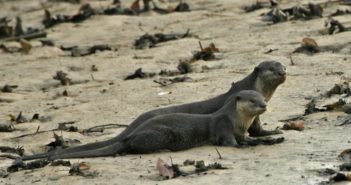
Sea otters and other marine life are highly likely to be affected by habitat degradation and loss. Developments such as land reclamation, sewage, dredging, and dumping degrade the environment and take up valuable habitat.